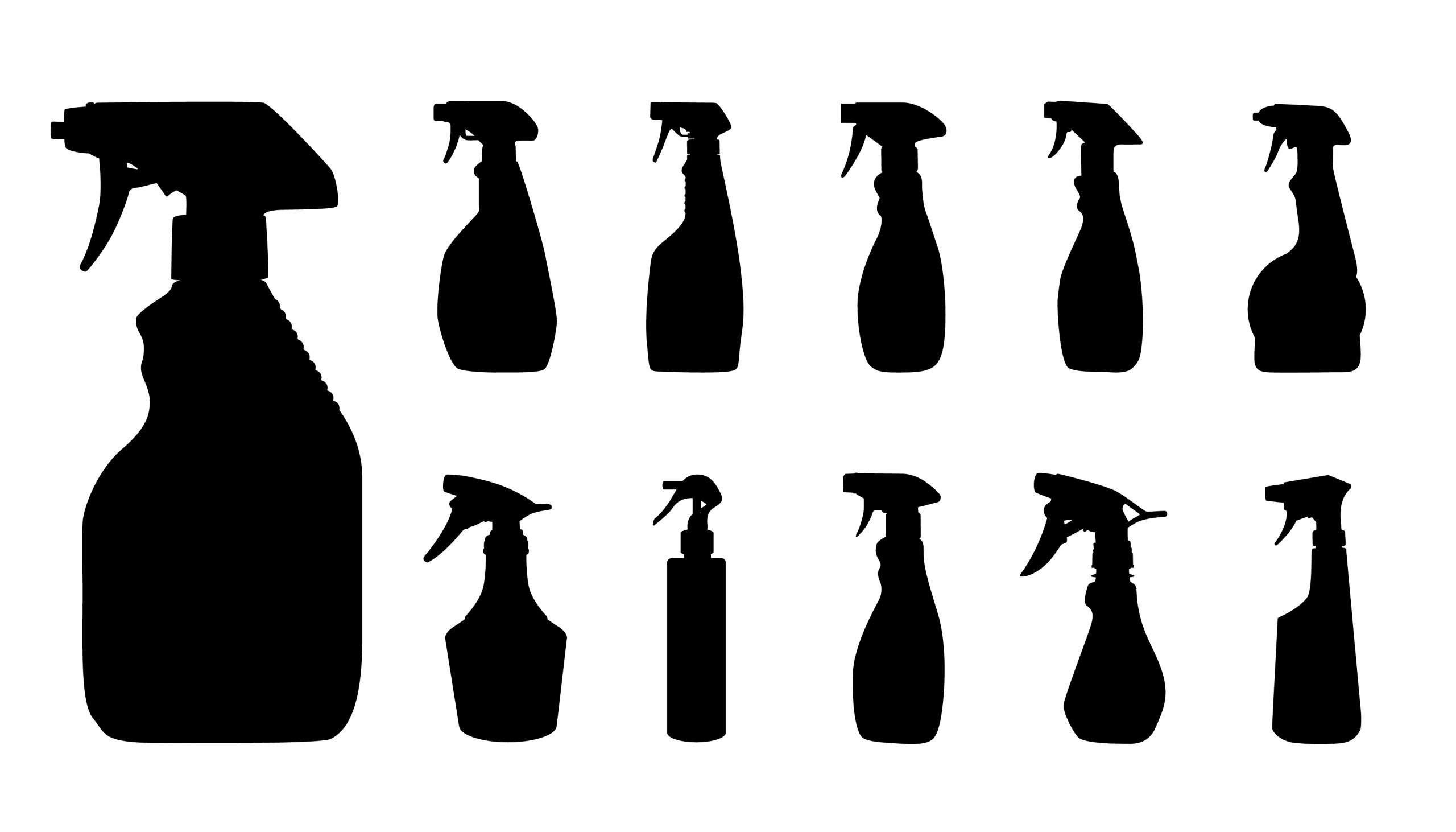(956 words)
As dental practices in the UK try to work out the best time to reopen in their specific circumstances, there’s a sharper focus on the role disinfectants will play in more stringent clinical infection control procedures: regular and continuous supply of those infection control products will play a major role’s in those decisions to reopen.
Increased demand for spray bottles is already resulting in spray mechanism shortages and therefore delays in getting some disinfectant products to market. Practices could end up unable to safely decontaminate hard surfaces and equipment if they don’t have the right supplies, adding to the significant uncertainty they currently face.
The dental industry infection control bible, HTM 01-05, states in section 6.58 that “It is not good practice to refill spray bottles used to apply cleaning or disinfecting solutions. Bacteria can contaminate the bottles and become adapted to these solutions and grow in the spray mechanisms…”
However, HTM 01-05 section 6.58 does not distinguish between the modes of action across different chemicals and the way this reduces the risk of microbial resistance developing.
The confusion is causing some dental practices to voice concerns over the impact of the ‘catch-all’ guidance, which lacks scientific evidence.
Samantha Price BDS MFGDP (UK), practice owner at Romsey Dental care believes the confusion needs resolving. In a white paper she submitted for a Parliamentary Review, Price states that “It’s time to task an organisation with expertise and authority, like the National Institute for Health and Clinical Care Excellence — or NICE — to thoroughly review all the clinical evidence and the cost of all these recommendations against the risk they pose to patients and the environment.”
Jason Bedford, clinical consultant for Cleancert Innovations agrees: “The way we deliver dentistry in the wake of SARS-CoV-2 means that every area of operation needs scrutinising. And every recommendation should be backed by the latest independent advice.”
Their issues are well-founded:
While HTM 01-05 discourages people from refilling spray bottles, evidence provided by ECHA shows that resistance of pathogens to some chemicals is “not very probable”.
On 25 April 2018, the Biocidal Products Committee (BPC), answering into the European Commission through ECHA, adopted the opinion that “Active chlorine has bactericidal, fungicidal, yeasticidal, sporicidal and virucidal activity. The resistance of pathogens to active chlorine is not very probable. The resistance of pathogens to active chlorine is not higher than that of other active substances with a general mode of action (oxidation). There is no need for specific resistance management strategies for active chlorine-based disinfectants.”
Hypochlorous acid (HOCI) is part of a small group of molecules known as reactive oxygen species (ROS). They work by oxidising the cell membrane of microorganisms resulting in a loss of structure, cell lysis and death.
As a result, there is no opportunity for microorganisms to develop resistance to Hypochlorous acid in refillable dispensers.
The information is useful for dental practices using CleanCert, OraWize+ and OptiZil products as part of their new infection control regime.
CleanCert biofilm treatment, OraWize+ oxidising mouthwash, and OptiZil hard surface and hand disinfectant use Hypochlorous acid as an active ingredient.
In some applications, Hypochlorous acid is 80 to 120 times more efficacious than sodium hypochlorite. A 150ppm solution of Hypochlorous acid is proven more effective than 1000ppm chlorine solution and widely regarded by scientists as one the most effective disinfectants on the market.
5 benefits of using refillable spray dispensers with OptiZil:
1) No need for a specific resistance management strategy
You can refill bottles without worrying about microbial resistance.
2) Work faster
All of CleanCert’s products benefit from a 1 minute contact time for viral efficacy.
In addition to the fast-acting MOA, CleanCert products are pre-mixed and ready to use.
3) Reduce risk
CleanCert’s products are non-toxic and biocompatible. They don’t agitate the mucosa or lungs and are safer for dental staff to use than products containing aldehydes, QAC’s and hypochlorite.
4) Helps protect the environment
Refilling your OptiZil trigger-spray bottles reduces the amount of single-use plastic needing disposal.
5) Saves you money
Refilling spray bottles from larger containers could cut your disinfectant costs by at least 25% pa. CleanCert products are available in a wide range of containers to make selecting the best option easy:
CleanCert dual-action biofilm treatment is available in 5L containers and 1L screw-top bottles.
LEARN MORE.
OptiZil surface cleaner and hand sanitiser is available in 5L containers, 1L trigger spray and screw cap bottles, 100ml pump-spray bottles and disinfectant wipes. LEARN MORE.
OraWize+ oxidising mouthwash and irrigant is available in 5L, 1L and 250ml bottles. LEARN MORE.
References
https://echa.europa.eu/documents/10162/83c753e7-92eb-e42d-f4bf-85c993740586
If you are looking to purchase OptiZil hand sanitizer and hard surface disinfectant, OraWize+ oxidising mouthwash, or CleanCert biofilm remover, you can buy the products from 360 dental, Trigiene Dental, Denka, Aroschem, The Dental Directory and direct from the CleanCert website:
About the author
Simon Davies is the founder of CleanCert Innovations LTD, a company operating at the forefront of clinical infection control for over 10-years.
His vision is to create safer environments by helping clinical practices manage infection risks without the need to use toxic chemicals.
The active ingredient in CleanCert products is stabilised Hypochlorous (HOCl), a powerful oxidising biocide proven efficacious against a wide range of pathogens.
If you’d like to learn more about how CleanCert Innovations is easing the pressure on dental practices, please call our customer helpline on:
08443 511115 or Email: Technical@CleanCert.co.uk
If you are looking to purchase OptiZil hand sanitizer and hard surface disinfectant, OraWize+ oxidising mouthwash, or CleanCert biofilm remover, you can buy them from 360 dental, Trigiene Dental, Denka, Aroschem, The Dental Directory and direct from the CleanCert website:
Retail price policy
CleanCert operates a strict retail price policy and discourages the practice of stockists increasing prices in times of high demand.
